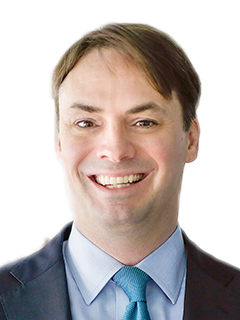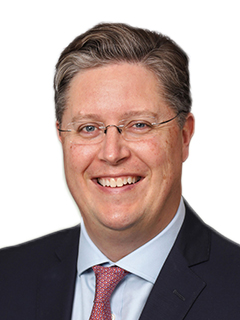
Healthcare
Our healthcare team is well versed in the complex regulatory issues that impact the healthcare industry, as well as the key dynamics and trends in reimbursement, technologies, and other market forces. Our broad range of transactional experience combined with the global resources available to us enables KPMG Corporate Finance LLC to provide an unparalleled level of service to healthcare companies.
The healthcare team serves companies in the following areas:
- Services
- Facilities
- Healthcare IT
- Managed care
- Medical technology
- Providers
- Pharmaceuticals
Recent transactions
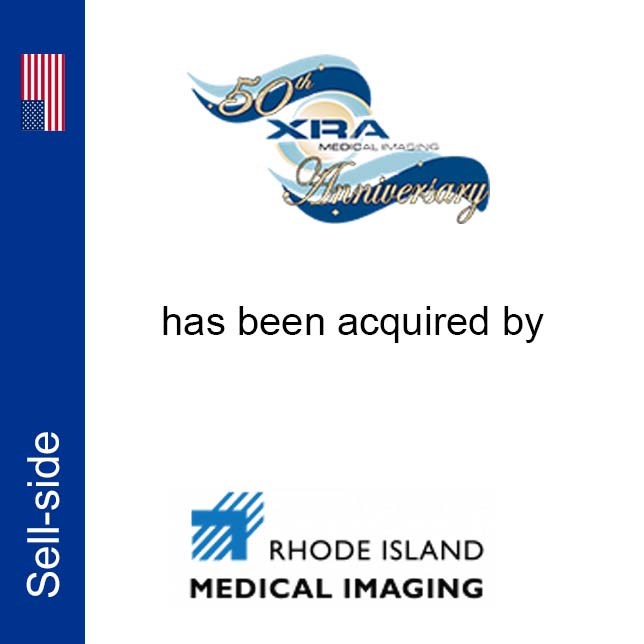
XRA Medical Imaging
KPMG Corporate Finance LLC acted as exclusive financial advisor to XRA Medical Imaging
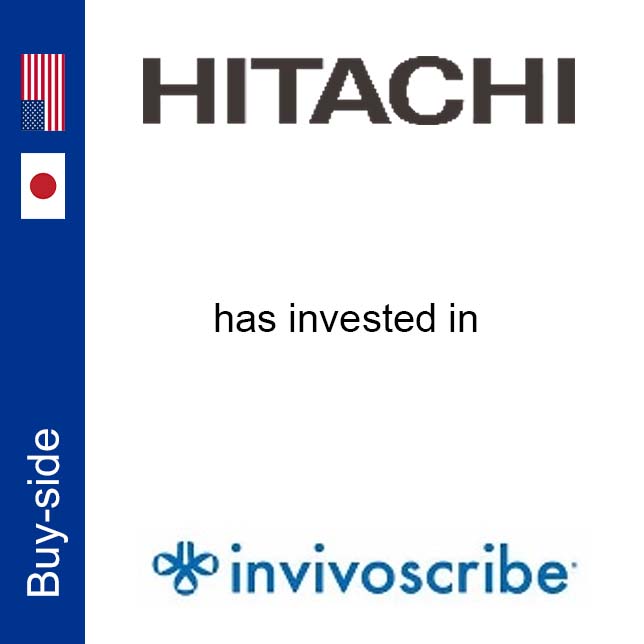
Hitachi High-Tech Corporation
KPMG Corporate Finance LLC acted as exclusive financial advisor to Hitachi High-Tech Corporation
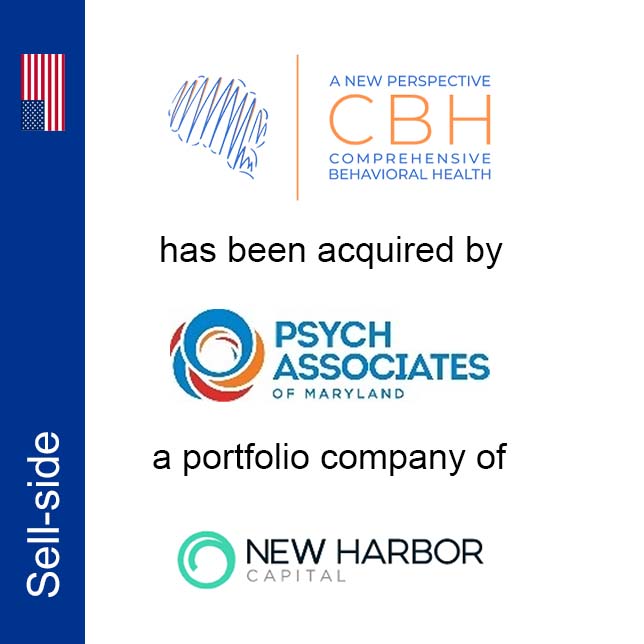
Comprehensive Behavioral Health
KPMG Corporate Finance LLC acted as exclusive financial advisor to Comprehensive Behavioral Health
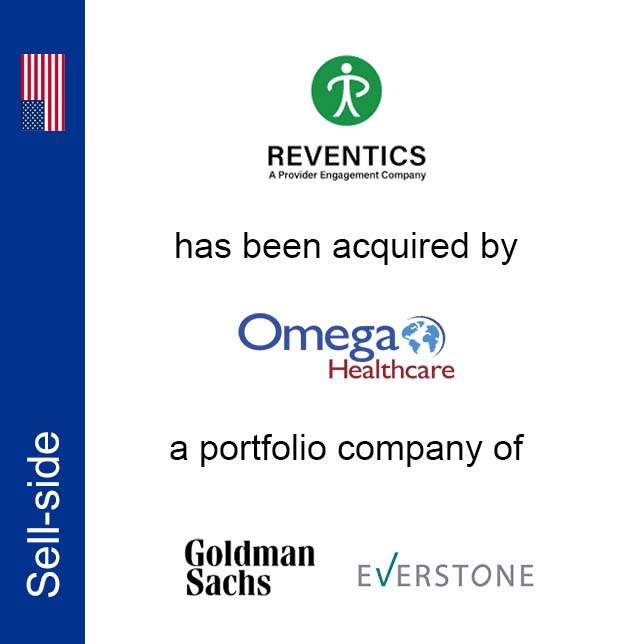
Reventics
KPMG Corporate Finance LLC acted as exclusive financial advisor to Reventics
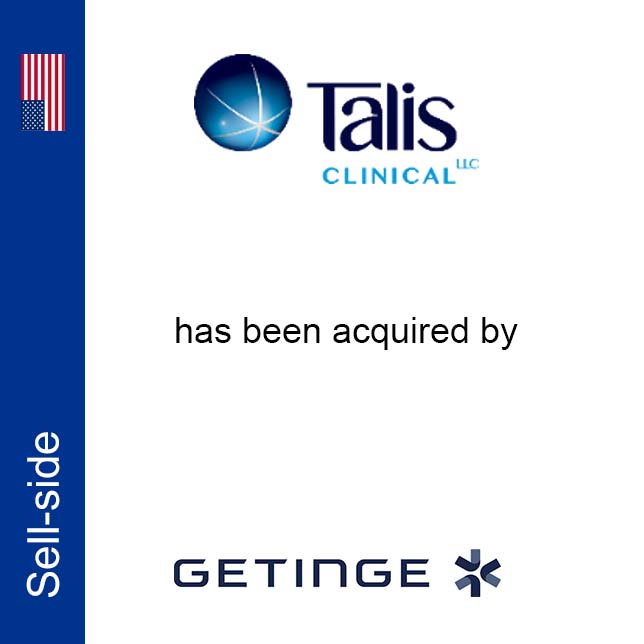
Talis Clinical
KPMG Corporate Finance LLC acted as exclusive financial advisor to Talis Clinical
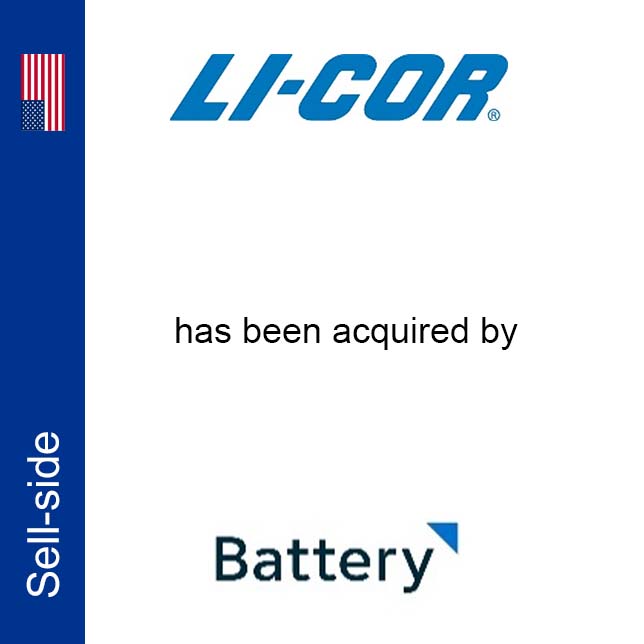
LI-COR Biosciences
KPMG Corporate Finance LLC acted as exclusive financial advisor to LI-COR Biosciences
Meet our team
In today’s market, you need an advisor with objective insight at every step of the transaction process. We work with you throughout the full deal cycle to create value and successfully execute your deal strategy.
